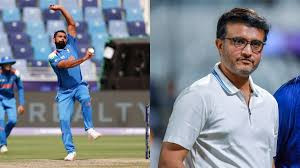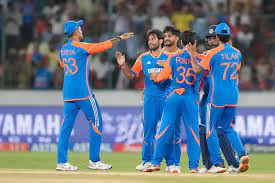Hardik Pandya and Natasa Stankovic Announce Divorce: Understanding Women's Property and Alimony Rights in India

In a surprising turn of events, Indian cricketer Hardik Pandya and Serbian actress Natasa Stankovic have announced their decision to part ways. As the couple embarks on this new chapter, the legal intricacies of property and alimony rights for women in India come into focus.In India, alimony and maintenance laws are designed to ensure that a divorced woman is not left destitute. Under Section 125 of the Criminal Procedure Code (CrPC), a woman can claim maintenance from her husband if she is unable to maintain herself. The amount of alimony is determined based on several factors, including the husband's income, the wife's needs, and the standard of living they enjoyed during the marriage.
Indian laws also provide protection for a woman's rights to marital property. While there is no automatic right to an equal share of the property, courts often consider various factors to ensure fairness. In cases of joint ownership, the woman retains her share. Additionally, the Supreme Court has recognized that a wife has a right to reside in the shared household even after separation.For couples with children, custody and support become crucial aspects of the divorce proceedings. Indian courts prioritize the best interests of the child, often granting custody to the mother, especially for young children. The non-custodial parent, typically the father, is required to provide financial support for the child's upbringing.
While the specific details of Hardik Pandya and Natasa Stankovic's divorce are yet to be disclosed, it is likely that these legal provisions will play a pivotal role in their separation process. Given Pandya's significant earnings as a cricketer and Stankovic's career in the entertainment industry, the division of assets and alimony arrangements will be closely watched by the public and legal experts alike.As this high-profile case unfolds, it serves as a reminder of the importance of understanding the legal rights and protections available to women in India during a divorce. The legal framework aims to provide a fair and just resolution, ensuring that both parties can move forward with their lives while upholding the dignity and rights of women.
Properties purchased by the wife with her own fund are entively hers. She had full autonomy to sell retain or gift these properties lakhotia notes that any property a woman has purchased with own funds before or after marriage will be hers and she can manage it as she wishes.
You might also like!














